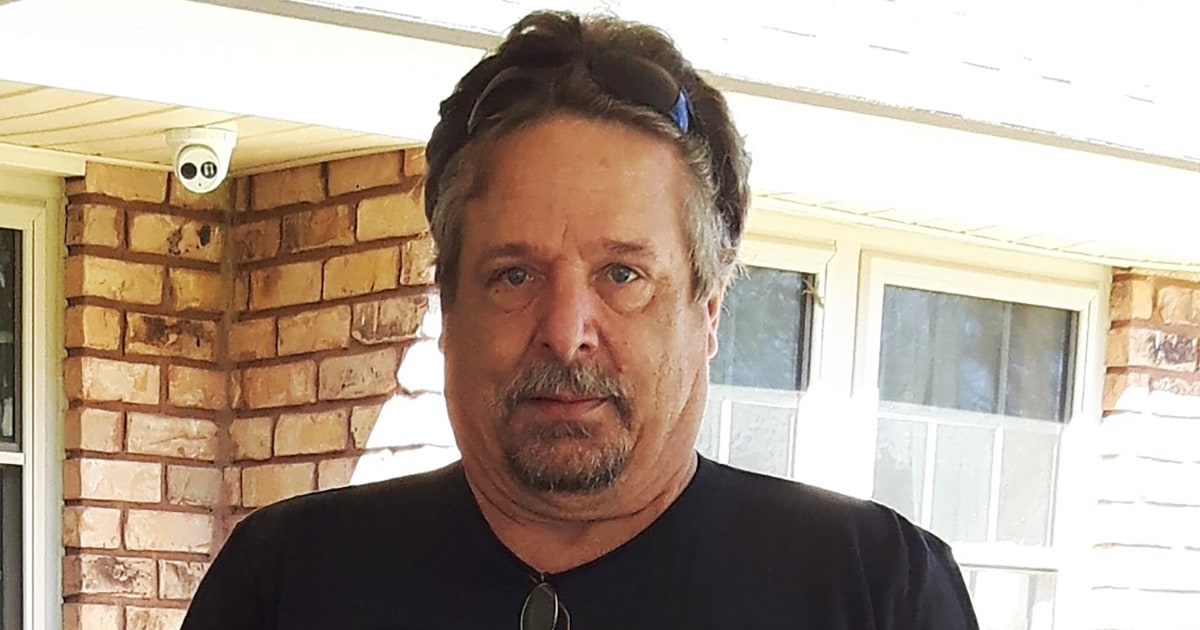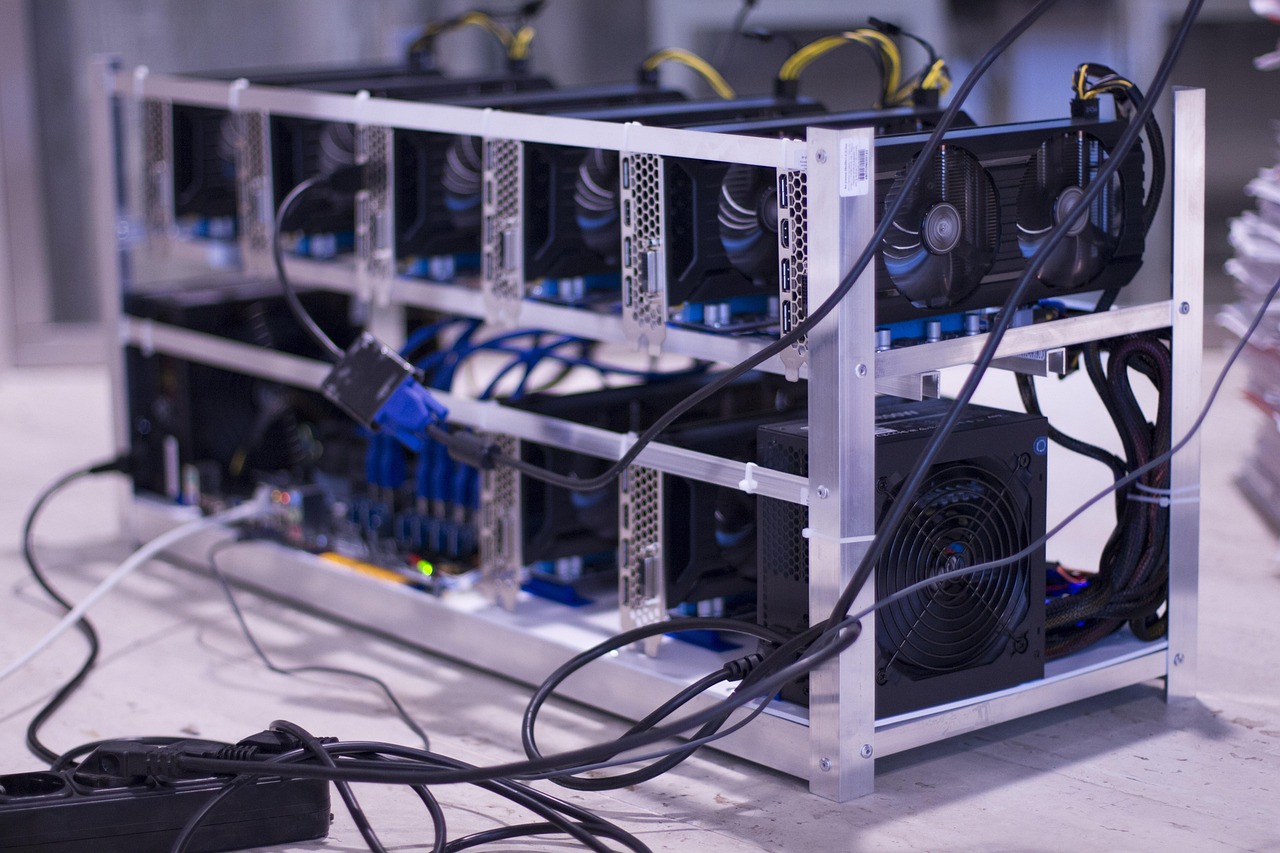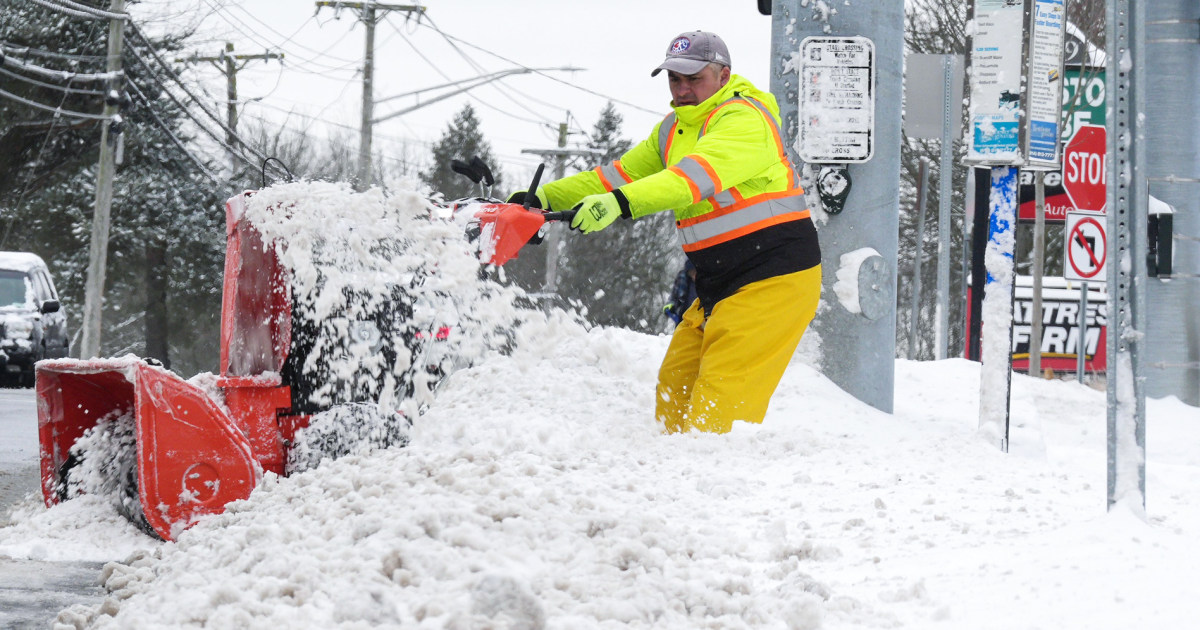A whistleblower and former Boeing inspector who died from an apparent suicide just months before his yearslong case was coming to a head could have his matter heard posthumously, a legal expert said.
John Barnett, 62, of Louisiana, was found dead Saturday in the parking lot of a Charleston, South Carolina, Holiday Inn “from what appears to be a self-inflicted gunshot wound,” a county coroner said.
Barnett was in town to give deposition testimony in his federal legal action against Boeing, with his case, which dates back to 2017, set to finally come before an administrative law judge this summer, according to his legal team.
Barnett’s death should not end the claim, as his estate could be substituted in as the complainant, Washington, D.C., whistleblower attorney Stephen Kohn said.
“He won’t be able to get reinstatement, but the estate should be able to get compensatory damages for the stress that he suffered and back retirement,” Kohn said.
For years, Barnett had alleged that Boeing retaliated against him for exposing potential safety issues with the 787 Dreamliner.
Under federal whistleblower protections, air industry employees like Barnett who believe they’ve been targeted for making concerns known are required to press their case through an administrative law process known as AIR21.
Boeing has denied it retaliated against Barnett, but it failed in 2022 to get the plaintiff’s case tossed.
Barnett had alleged he was the victim of a “hostile work environment and constructive discharge,” according to a May 31, 2022, ruling against the company by an administrative law judge.
Employers allegedly targeted Barnett with “downgraded performance reviews” and “removal from investigations, denial of transfers, harassment/denigration” that all might have amounted to a “constructive discharge,” the ruling said.
In the whistleblower community, the AIR21 process has well-known advantages and disadvantages, compared to a state or federal civil lawsuit, according to the attorney.
On one hand, administrative law judges are well versed in whistleblower law. On the other, there’s a logjam of cases that keep potential victims waiting for years.
“Delays, lack of resources, you could be out of work and out of a job for years,” Kohn said. “It’s very hard to get lawyers. How can you afford a lawyer when the case goes on and on?”
Barnett’s death stunned his attorneys, who believed their client was eager to finally present this case.
“He was in very good spirits and really looking forward to putting this phase of his life behind him and moving on,” attorneys Brian Knowles and Robert Turkewitz said in a joint statement on Tuesday. “We didn’t see any indication he would take his own life. No one can believe it.”
Knowles and Turkewitz said their client’s yearslong push showed how much he believed in the case.
“John was a brave, honest man of the highest integrity. He cared dearly about his family, his friends, the Boeing company, his Boeing co-workers, and the pilots and people who flew on Boeing aircraft,” the attorneys said. “We have rarely met someone with a more sincere and forthright character.”
They urged local police to keep investigating despite the coroner’s initial ruling.
“We are all devastated,” the legal team said. “We need more information about what happened to John. The Charleston police need to investigate this fully and accurately and tell the public what they find out. No detail can be left unturned.”
Boeing officials said they were “saddened by Mr. Barnett’s passing,” but declined to answer additional questions about him or the case.
If you or someone you know is in crisis, call 988 to reach the Suicide and Crisis Lifeline. You can also call the network, previously known as the National Suicide Prevention Lifeline, at 800-273-8255, text HOME to 741741 or visit SpeakingOfSuicide.com/resources for additional resources.













